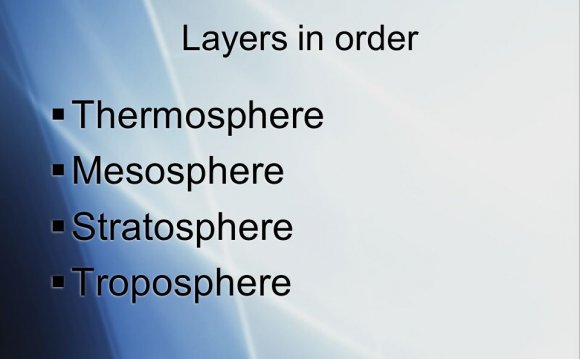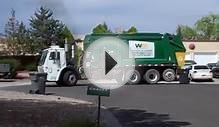
Meteorology is the branch of science that deals with the atmosphere of a planet, particularly the Earth. It is based on accurate measurement of various atmospheric conditions, for example wind speed and direction, air pressure, temperature, humidity and precipitation such as rain or snow. Meteorologists combine the data collected from many geographical locations into weather maps to show, for example, isobars and fronts. From these they are able to predict the weather and possible severe and destructive systems such as hurricanes, floods and heatwaves, for up to ten days. However, as we are all aware, weather forecasting is notoriously difficult and weather fronts have a habit of moving more slowly - or faster - than expected!
Aristotle is considered to be the founder of this branch of science. In 350BC he wrote Meteorology and nobody added anything significant to his findings for almost 2000 years. During the rule of the Roman Empire the beginnings of what we now know about climates were founded and by the 9th Century the tidal systems and their relation to temperature and the moon was discovered. Meteorology is certainly not a new science. It is wide ranging and has many related subjects such as oceanography, climate studies, geography and environmental science.
Example areas of study
Meteorology can be studied as a module in a number of courses in related science degrees, but specific meteorology courses are available. The list below is intended as a guide to the kind of topics that you may be able to study but it is important to check with the institutions themselves that the focus of the course matches your interests.
- Weather systems
- Dynamical systems
- Atmospheric and ocean dynamics
- Climatology
- Atmospheric pollution and climate change
- Natural Hazards
- Physical, dynamical and applied meteorology
- Oceanography
- Global circulation
- Clouds, radiation and climate
- Surface energy
- Environmental sciences
- Geology and soil science
- Hydrology and hydrodynamics
- Environmental and atmospheric physics
- Mathematics and numerical methods
- Computer modelling
- Sustainable development
- Micrometeorology
- Remote sensing
- Transport and the environment
- Weather prediction
- Palaeoclimatology
- Fieldwork
Career possibilities
Graduates can work as specialist meteorologists, for example, as weather forecasters for the UK Met Office, for private weather forecasting companies, in oil exploration or with companies providing meteorological services and also in research. Many go on to postgraduate study.
RELATED VIDEO












